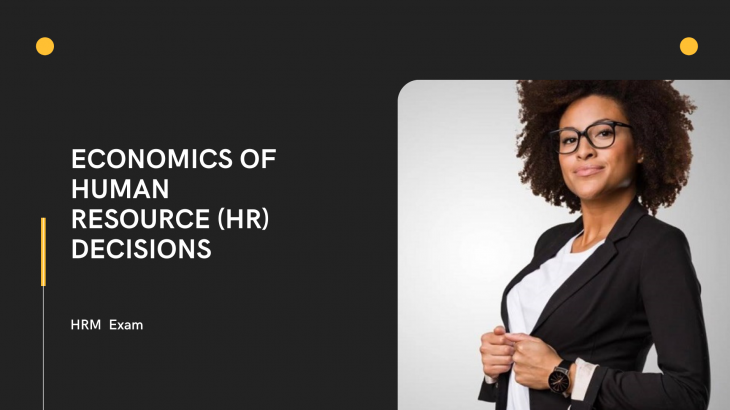The Make or Buy Decision Explained
The Make or Buy decision forms the cornerstone of managerial economics wherein the decision to outsource key processes compared to doing them in-house is taken based on the relative benefits and downsides of such decisions. For instance, let us take the example of the current trend among the Western companies to outsource their manufacturing to China and services to India. Behind this decision is a calculated attempt at evaluating whether it is cheaper to get the work done offshore or do it onshore. This evaluation is based on what is known as an opportunity cost. In this case, if a Western firm feels that the time and money spent in making the goods or services in their country can be employed elsewhere leading to more profits, it would then outsource such activities. On the other hand, if the Western firms think that by outsourcing the activities, they stand to lose out economically, then they would rather make the goods or services in their own countries.
Economics of HR Decisions
Similarly, HR managers have to decide whether they need to hire permanent staff or contract staff for particular jobs. If they hire a permanent resource, in addition to the basic salary and other allowances, they would have to pay social security, healthcare benefits, paid leaves, and other perks. However, hiring a resource on contract means that they would simply have to pay the agreed amount to the agency that is responsible for placing him or her. Of course, the cost and the economics are not the only aspects as other variables such as the level in the hierarchy, the perceived value added by the resource in addition to the availability or otherwise of the skill sets are to be taken into consideration. In addition, the relative costs of such value addition also form part of the economical matrix used for evaluation.
The Economics of Full Time vs. Contract Hiring
Increasingly, HR managers prefer to hire contract resources rather than full time employees because the ongoing economic downturn means that there are more workers in the market for even premium skills as well as the firms hiring such workers are also under cost pressures. Indeed, the fact that firms are doing everything possible to cut down on additional costs means that the Make or Buy decisions are increasingly being skewed in favor of the Buy side. In addition, hiring resources on contract is useful to tide over temporary shortages in demand which means that in the place of a full time resource who cannot be fired at will, the firm can simply cancel the contract or not extend it in case of the contractual resource. Further, they do not have to worry about paying healthcare, social security, and other benefits that full time resources have to be paid.
Outsourcing HR Processes
The Make or Buy decision is also in action as far the HR processes are concerned. In recent years, many firms have outsourced their payroll, hiring, event management, and public relations functions to external agencies to keep costs down. Whereas these activities were earlier being handled by the HR, nowadays many firms contract outside vendors to handle these functions. Again, the rationale for this is simple. The firms can focus on the essential functions instead of handling the noncore functions and at the same time, can cut costs as well since these functions are usually seasonal, periodic, or one time in nature. For instance, hiring is done in many firms on a seasonal basis whereas payroll is periodic meaning that it is end of the month activity, and event management and public relations are sporadic or one time in nature meaning that the firms do not lose out by outsourcing these functions.





